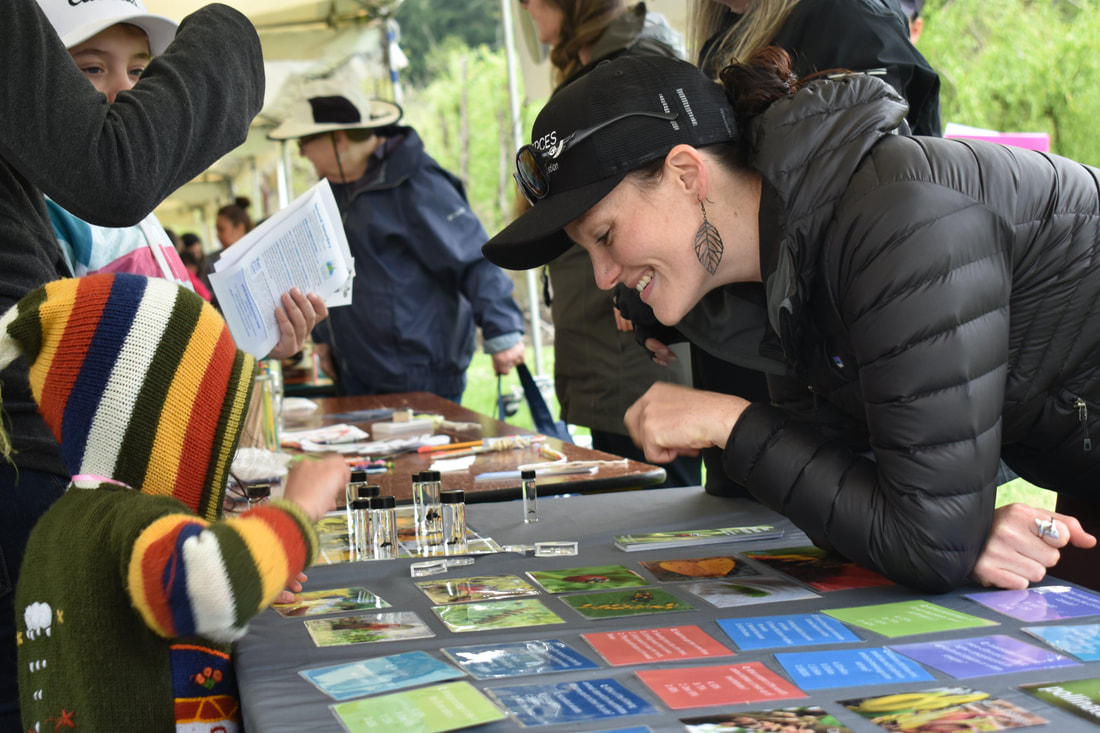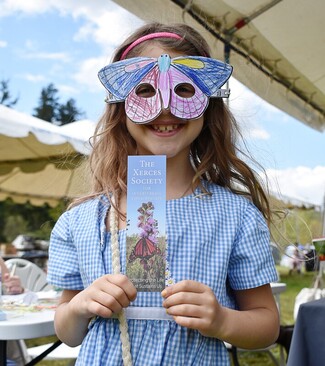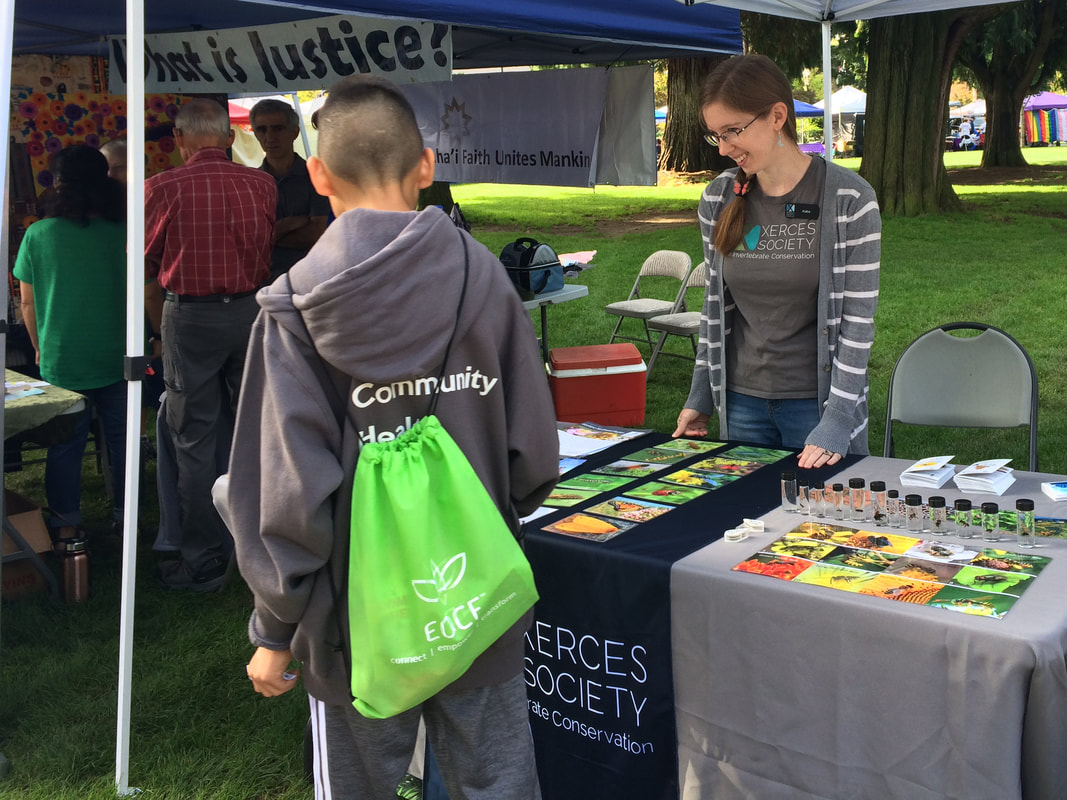“How wonderful it is that nobody need wait a single moment before starting to improve the world.” – Anne Frank
Since 2018, I have been building an exciting new volunteer program for the Xerces Society. With a high demand for our presence at events across the country and a passionate community of potential volunteers, we developed the Xerces Ambassador Volunteer Program. This program aims to engage audiences in towns and cities through education and inspiring action around invertebrate conservation.

Two of our key audiences are youth and gardeners. Gardeners are the perfect audience to engage with because they already have a unique connection with nature. With resources like plant lists and pesticide alternatives education, Xerces can help support gardeners to provide and improve habitat for pollinators.
Youth are our future—let’s face it, without their engagement in conservation, invertebrates and our planet as a whole will be in much more danger than it is today. By fostering a connection to nature through education and inspiration, it is our hope that youth will take action to steward the natural world around them. While Xerces has previously worked on projects with youth, this program will provide more time and resources to reach the next generation in a more significant way.
 |
The Xerces Ambassador program was piloted in spring 2019 in Portland, Oregon. We recruited 15 volunteers with backgrounds ranging from Master Gardeners and Master Naturalists, to college students and insect enthusiasts. Training for the program involved a combination of videos I created featuring Xerces staff presenting on various topics and in-person training on environmental interpretation (informal education) and the ambassador outreach kit.
|
The most popular activity involves matching 10 bee specimens, a wasp, and a fly suspended in hand sanitizer inside bottles to their corresponding picture. Traditionally, bees are displayed on pins, often inside a box. The bottles however, allow kids and adults to easily handle the bees and most importantly, it displays them in such a way that makes them more animal like, fostering an emotional connection to these creatures that are often seen as creepy and strange.
Since training in March, the ambassadors have engaged over 4,500 people in 9 cities from Monmouth, Oregon to Ridgefield, Washington. We were able to participate in events such as Discount Days at the Oregon Zoo, Explorando el Columbia Slough, and the Vancouver Peace and Justice Fair, making connections with people of diverse backgrounds and perspectives. Visitors learned about Xerces and our work, participated in one of our engaging activities, and left with an action item: to explore butterflies and bees in their backyard or a local park, participate in community science programs, plant more pollinator friendly plants, and/or share this new information with friends and neighbors.

Before coming to Xerces, it was my dream to build a volunteer program. What I’ve learned through the process is that with a strong foundation, it is truly the volunteers that make a program extraordinary. This program is no exception. I have been inspired and filled with hope countless times because of the passion, drive, and desire that Xerces Ambassadors have to change the world. For that, I am forever grateful, and excited for what lies ahead.
Additional Resources
Do you have a passion for conservation and working with the public? To learn more about the Omaha, Kansas City, Nashville, and Portland Xerces Ambassador Programs, and to apply, click here.
Learn more about the Xerces Society’s volunteer program, and view our full list of opportunities.
As the Xerces Society’s first Community Engagement Coordinator, Rachel has built our volunteer program from the ground up and is finding new ways for Xerces to connect to communities. As an Oregonian, she has always loved wildlife and being outdoors. Rachel pursued her passion for nature at Seattle Pacific University, graduating with a bachelor’s in ecology, and earning a master’s of wildlife conservation from the University of Maine. She spent years traveling between Alaska and Hawaii, working as a naturalist for the National Park Service, U.S.




